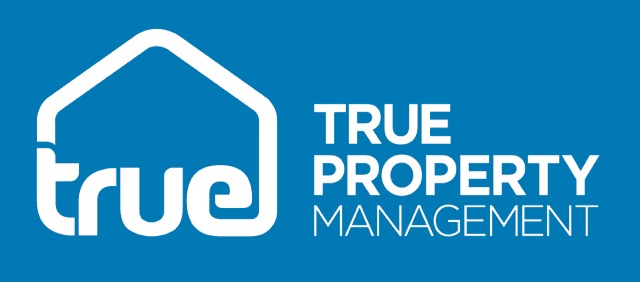Reducing tenant turnover is paramount to being a profitable landlord. Not only does it chew into your time when you have to get the rental property ready, market it and then show up for viewings,you are losing income! So what are the actual costs when a tenant moves out?
 |
| This is what you want to avoid! |
So what does it actually cost?
These are by no means exact numbers for your rental property. Only you know how much:
- You are renting out your properties for
- What your mortgage payments are
- How much work that need to be be done on the property before turning it over
But if you are new in the landlord game (or you have been there a while but you really haven't thought about actual costs) this will give you a general idea of what the outlay is.
- No rent coming in for approximately 1 month
- $2000 ($500 p/w property)
- Cleaning and preparation for the new tenants (repainting, repairs, carpet cleaning if not in your contract with the previous tenants)
- $100-$500
- Showing the property (either you or paying someone else $40 per/hour)
- $320 (based on 3 x 2 hour showings and 2 hours for enquiries on the property).
- Marketing the property $100
- On-Going costs - Mortgage payments, insurance, possibly utilities etc
- $1800 (hopefully it is a positively geared property)
- Misc costs - maybe a water bill that needs to be paid or any other niggle things that need to be taken care of. $200
So based on the above, you are looking at needing to find roughly $4500 - $5000 every time tenants move out! Yes, you should have received a security deposit from the tenant, but this doesn't cover everything.
You have no doubt factored around 7% of the income generated from the property as 'turnover funds', but if it happens too frequently then that 7% will be chewed up much faster than you would like.
So it behooves you to keep tenants happy, and keep the money rolling in to cover costs and increase your profits.
So how do you stop that form happening? Read about that in my next blog post, but it is pretty simple and straight forward, and something that I have written before.
So would you agree on the above figures for an average Aussie property or have grossly over estimated figures? If so, what is your experience?

No comments:
Post a Comment